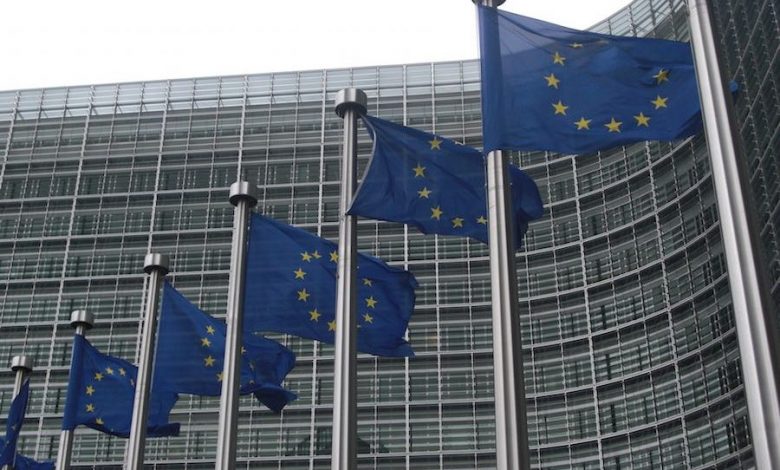Shipping moves closer to EU’s carbon trading system as lawmakers push for GHG cuts

Shipping has moved further toward being covered by the EU’s carbon market (ETS) after the policymakers in the European Parliament’s environment committee (ENVI) voted to further bolster the emissions-reduction scheme.
The ETS reform was put forward by the European Commission last July as part of a massive package to align the bloc’s economy with a stricter emissions-reduction target for 2030.
MEPs on Tuesday endorsed a string of changes to the carbon market, including expanding the scheme to cover 100% of voyages by 2028, as well as the charterer-pays clause and the creation of a dedicated fund for the energy transition of the sector.
Europe’s clean transport campaigner, Transport & Environment, welcomed the decision but warned that exemptions for ice-class vessels and voyages to the outermost regions would undermine its effectiveness.
Jacob Armstrong, sustainable shipping officer at T&E, said: “Shipping’s right to pollute for free is finally coming to an end. The ENVI Committee has proposed a climate-ambitious carbon market that works for industry and for the climate. The European Parliament Plenary must now rubber stamp this proposal so that we can start to take advantage of the ETS revenues and begin shipping’s long-delayed voyage towards decarbonisation.”
The lawmakers voted to scale back plans to launch a second ETS to impose CO2 costs on suppliers of fuels. The committee agreed to apply the scheme to commercial entities from 2025 and only extend it to private consumers in 2029 if certain conditions are met.
The EU ETS package passed by the ENVI committee is likely to result in emissions falling 67% in the sectors covered by the main ETS by 2030. For shipping, the endorsement means ENVI proposals to the original EC scheme will stand to regulate all emissions from voyages departing from and arriving at European ports and relinquish the previously proposed 2023-2026 phase-in period.
The European Community Shipowners’ Associations (ECSA) also welcomed the parliament’s commitment to enforce the ‘polluter-pays’ principle, by ensuring the mandatory pass-through of the ETS costs to the commercial operators of the vessels through contractual clauses. It also supported the proposal to create the so-called Ocean Fund and to earmark 75% of the revenues generated by the shipping allowances to the sector’s energy transition.
“Although our first preference has always been an international regulation for shipping at the IMO level, European shipowners recognise that the sector should contribute its fair share to address the climate crisis at the EU level as well. The mandatory pass-through of the ETS costs to the entities responsible for operational decisions will ensure the proper implementation of the polluter pays principle. Although the position of the parliament needs to be improved on certain points, it is a significant step forward,” said Philippos Philis, ECSA’s president.
However, the liner lobby group, World Shipping Council (WSC) said that EU lawmakers need to ensure ahead of the vote on the adoption of the EU ETS report in plenary and the subsequent trilogue negotiations this June that the EU ETS carbon price is not simply a tax but also an incentive that drives sustainable change. “While WSC acknowledges the ENVI Committee’s commitment to strengthening the EU’s climate ambitions through the reform of the EU ETS, the report adopted in the ENVI Committee could put at risk the needed drive to reduce GHG emissions in the maritime sector,” the group warned.
The WSC called on regulators to consider three factors: The design of the EU ETS needs to take into account the life-cycle emissions of renewable and low-carbon fuels in order to incentivise first-mover action; Reconsider the misconception that a broader geographical scope is equal to higher ambition; and that all parties that can influence the design and operation of ships should share the EU ETS costs.
